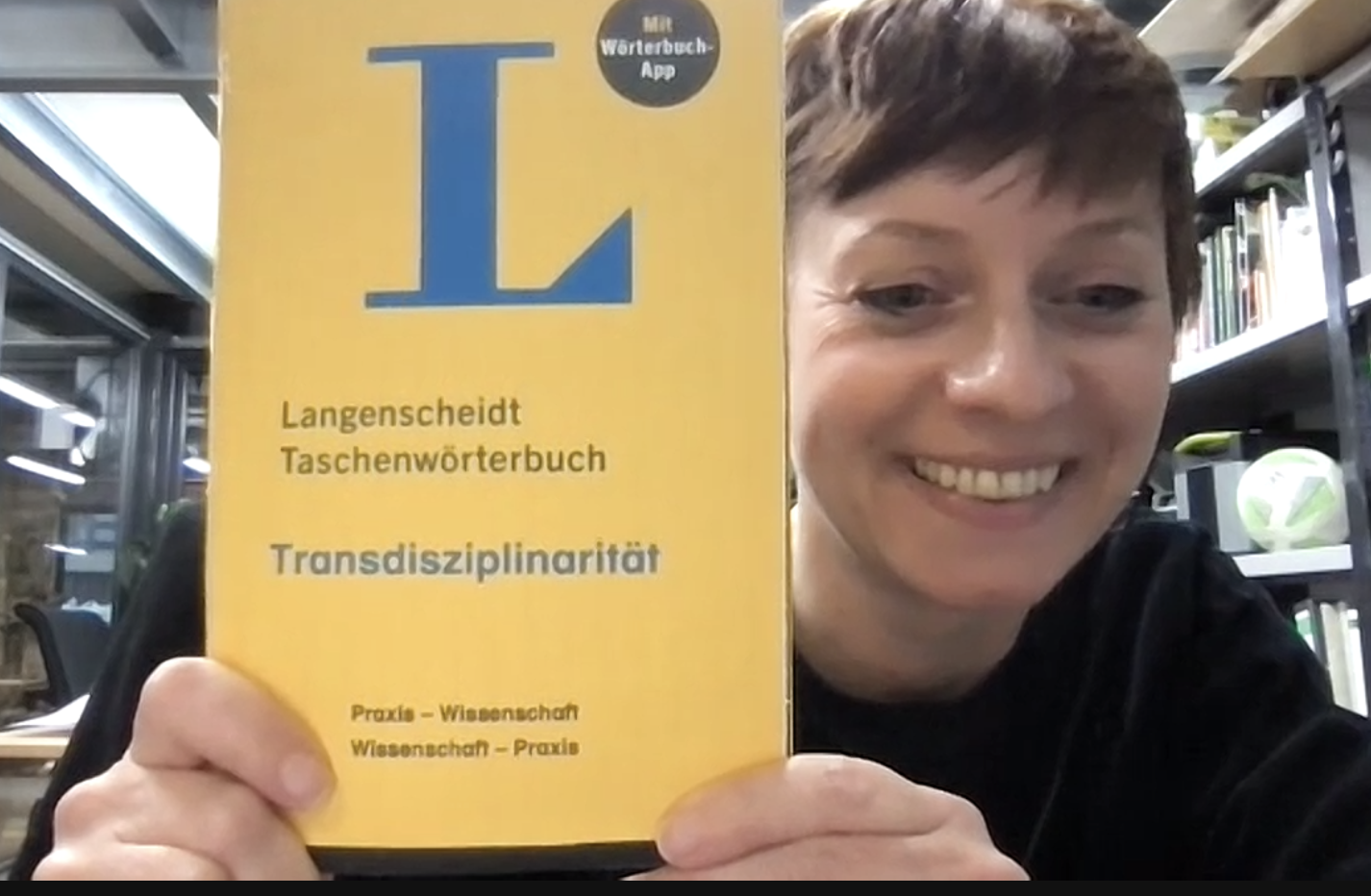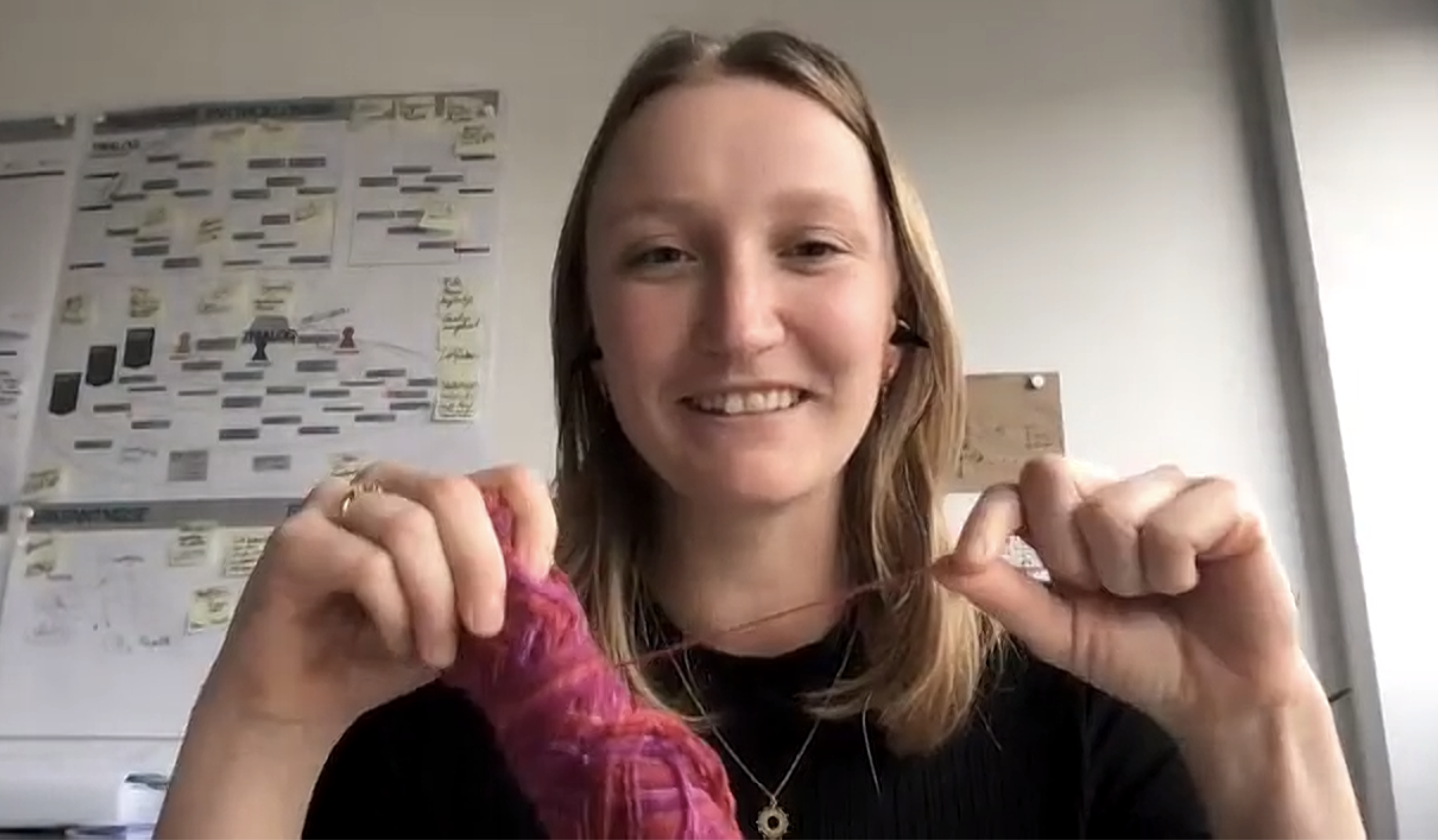As part of the discussion series "Let's talk about it: Transdisciplinarity & Co-Production", Nadin Gaasch (Science and Society staff unit) and Emilia Nagy (ZTG) once again hosted an informal exchange on March 20, 2024. This time, the focus was on dealing with emotions in transdisciplinary research processes and participatory transformation processes. The two invited guests Yvonne Siegmund (HafenCity University Hamburg/Akademie für Raumentwicklung in der Leibniz-Gemeinschaft) and Laura Brings (RTWH Aachen) enriched the exchange with their diverse experiences from research and practice.

Source: Emilia Nagy, 2024
Dr. Yvonne Siegmund contributed her experiences on the significance of emotions in transformative (research) processes, which she gathered during a symposium on the topic of "Angst.Ekel.Scheitern". She held this with three 'accomplices' in Hamburg to uncover blind spots in sustainability. As always, the two hosts Nadin Gaasch and Emilia Nagy had asked the guests to bring along an object that symbolizes transdisciplinarity for them. Yvonne Siegmund had brought along a self-designed cover for a pocket dictionary of transdisciplinarity to illustrate that successful communication is a decisive factor in transdisciplinary collaboration. In some cases, this requires translation work between the different 'disciplinary and practical languages'.

Source: Emilia Nagy, 2024
Laura Brings reported on her experiences with the "Trialogue" format and the importance of dealing with the feelings of participants in this context in order to uncover and make visible resistance. In doing so, she drew on her experiences from "Trialogen für räumliche Transformation", which she conducted together with partners from research and practice. The ball of wool she brought with her symbolizes the different threads that have to be held together in transdisciplinary processes: sometimes a thread is lost, sometimes a new thread has to be picked up and sometimes there are too many threads that have to be held in one hand, which can lead to excessive demands.
We would like to thank Yvonne Siegmund and Laura Brings for their exciting insights into the topic and all participants for the lively discussion.
